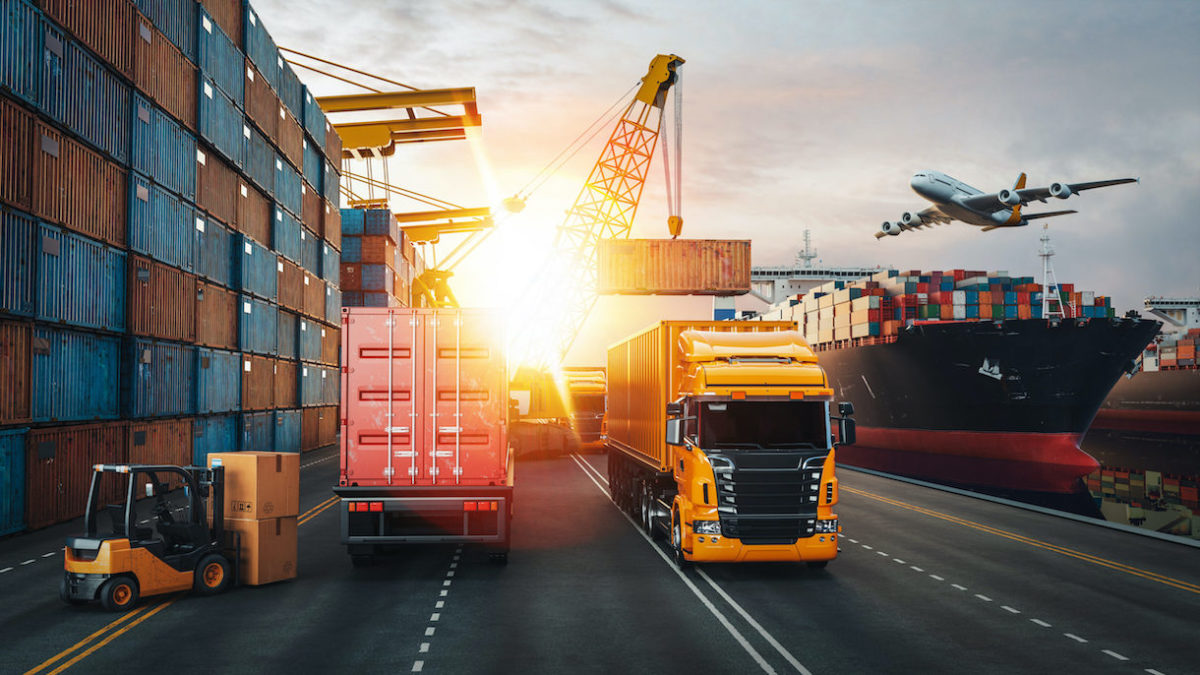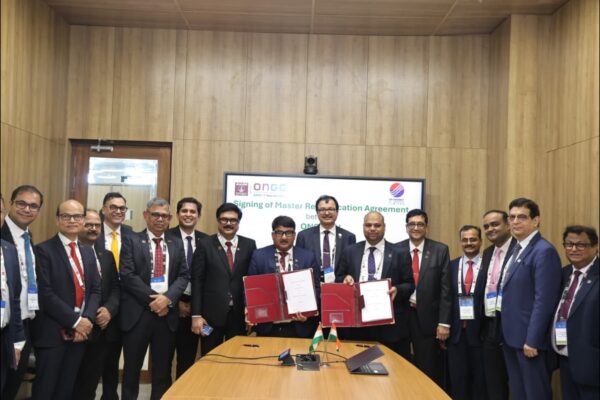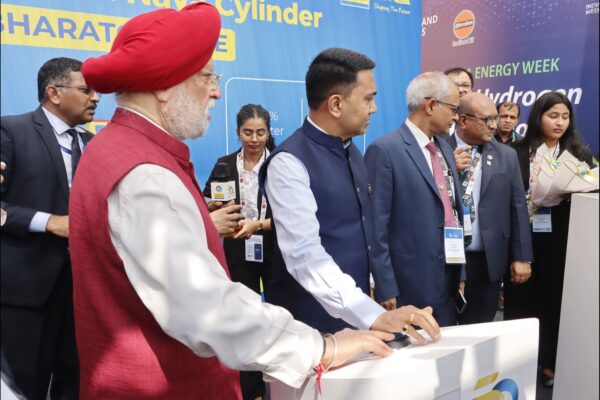The Israel-Palestine conflict: Unveiling its ripple effect on global supply chains
by Amit Maheshwari, Founder & CEO, Softlink Global
The recent Israel-Palestine conflict serves as a stark exemplar, casting a shadow of uncertainty over global supply chains and the freight industry. As the world heals from the unprecedented impact of the pandemic, the additional strain from geopolitical tensions underscores the delicate interdependency of global commerce.
One of the most imminent concerns stemming from the Israel-Palestine conflict is the potential for supply chain disruptions. The skirmish has led to fears of shipping bottlenecks, escalating freight rates, and unpredictable delivery times, all of which pose a formidable challenge to the rhythmic flow of global supply chains. Furthermore, the uncertainty shrouding trade routes and supply chains in the region could translate into delays, thereby escalating the costs of trade from this pivotal region.
The conflict also portends a sectoral impact, notably in the realms of iron, steel, fertilizers, and organic chemicals. Countries with robust trade relationships with Israel, like India, find themselves at the cusp of these potential adversities. The unfolding scenario accentuates a broader concern for global industries that are reliant on materials sourced from, or passing through, the affected region. Industry leaders have voiced the necessity of a peaceful resolution, not only for the immediate regional stability but also for the overarching equilibrium of the global economy.
The rise in petroleum prices, exacerbated by Middle East conflicts like this recent Israel-Palestine skirmish, adds another layer of complexity to global supply chains. As a critical component in freight operations, pricier petroleum leads to higher operational costs for carriers, which could translate to increased costs for consumers and potential transportation delays.
This situation stresses the need for more resilient and diversified supply chain infrastructures to mitigate the impacts of geopolitical tensions on global trade. Shippers can diversify supply sources, explore alternative trade routes, and invest in technology for real-time supply chain monitoring. Robust scenario planning and forming partnerships with reliable stakeholders can also enhance resilience and agility in operations. These strategic measures will ensure a smoother flow of goods across borders, fortifying the global trade ecosystem against future adversities.
















